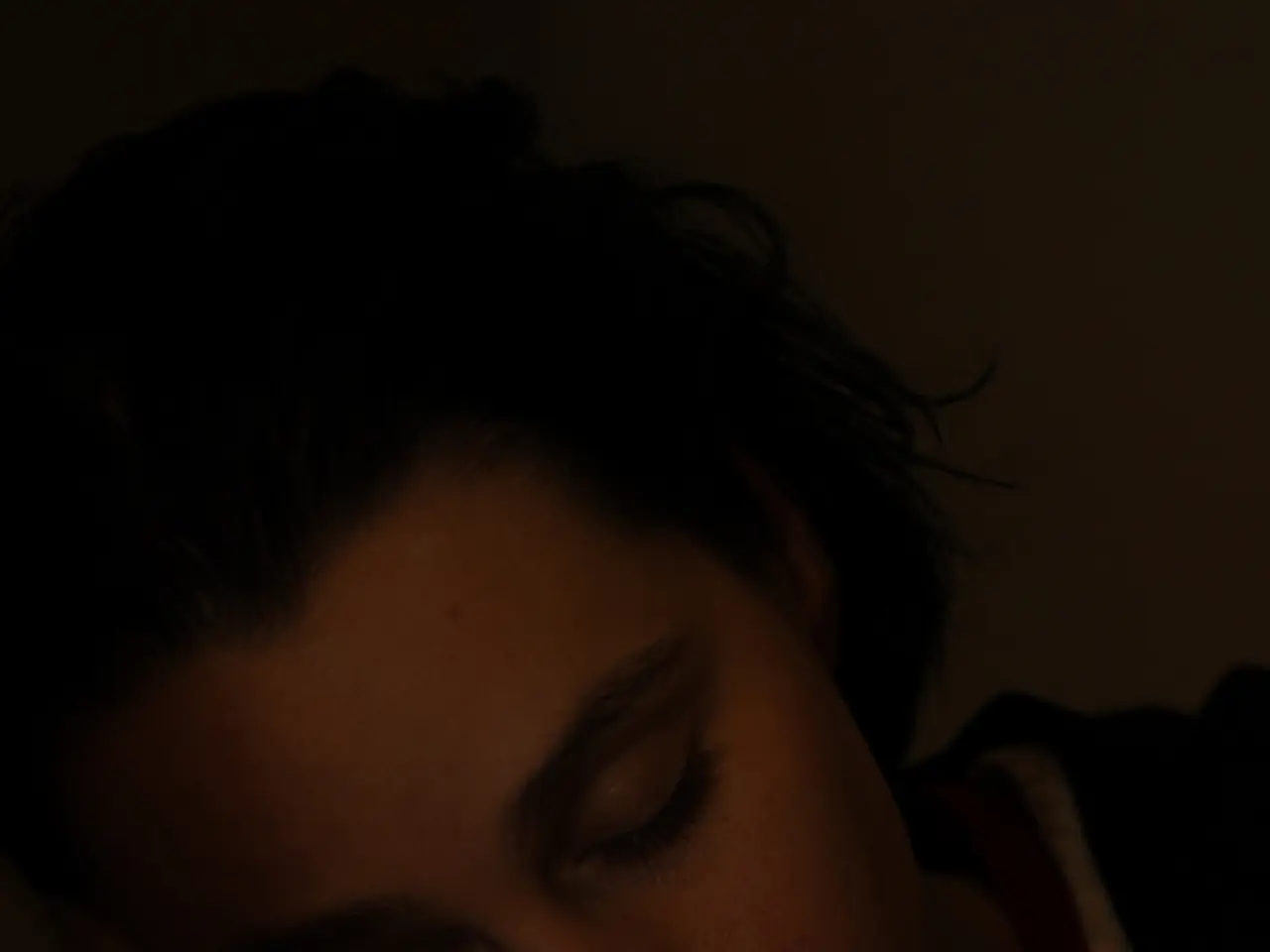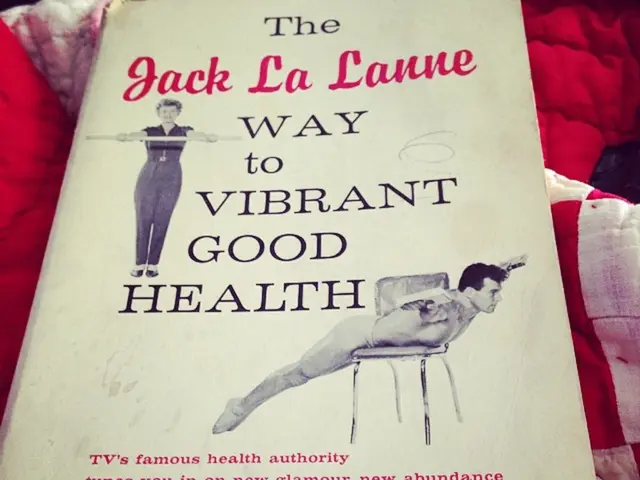Possibility of Fatalities Due to Sleep Paralysis: An Examination
Let's shed some light on the dark nights of sleep paralysis
Sleep paralysis ain't no laughing matter, kid! It's a friggin' weird experience that most people deal with at some point in their lives. So, let's dive into the deep end and find out all about the risks and implications associated with this troubling sleepy-time occurrence.
First things first, what the heck is sleep paralysis? It's when your body feels like it's stuck to the bed, and you can't move or speak for a few minutes. Sometimes, you might even have some freaky hallucinations thrown in for good measure. Luckily, these freaky fits don't happen to everyone, and they usually don't do any long-term damage – but don't get too comfortable just yet!
Actually, what causes this Mess?
Sleep paralysis occurs when your brain and body don't quite coordinate during the sleep-wake cycle. Normally, during REM sleep – you know, when all the fun dreamin' happens – your brain instructs your body to stay still so you don't act out your dreams. But sometimes, something goes wrong, and that signal gets messed up, leaving you paralyzed for a spell.
Kids, there are quite a few factors that contribute to sleep paralysis. Irregular sleep schedules, lack of sleep, disruptions, stress, and anxiety can all increase your chances of experiencing this unsettling event. Don't be too surprised if it happens, but do try to keep a consistent sleep routine to keep those episodes at bay.
So, what's the Damage, Doc?
Sleep paralysis can have quite an impact on your health, both physically and mentally. If you're dealing with a reoccurring case of sleep paralysis, it can lead to sleep disorders like narcolepsy – yikes! Sleep disruptions can also negatively affect your sleep quality, leading to ongoing tiredness and impaired thinking abilities.
But the psych effects can be even worse. Hallucinations during sleep paralysis can be quite distressing and might affect your mental state. If things get really bad, the inability to move or speak and the fear of suffocation can lead to anxiety and fear. So, if you find yourself stuck in this nightmare time and time again, it's crucial to seek medical help.
Symptoms? I Think I've Got a Few
When you experience sleep paralysis, you'll likely notice some strange physical symptoms. These might include feeling pressure on your chest, muscle aches and tensions, and the inability to move – even just your toes! Though these symptoms can be pretty freaky, they usually aren't harmful and will fade once the episode is over.
Sleep-ly Scares and Mental Health
Dealing with sleep paralysis might take a toll on your mental health. Not only can the episodes be terrifying, but the fear of future occurrences can cause anxiety and sleepless nights. These feelings might even lead to physical symptoms like chest pain, trouble breathing, and feelings of choking. If things get too much to handle, don't hesitate to talk to a healthcare professional or join a support group – you deserve peace of mind!
Long-lasting Effects
Regular sleep paralysis episodes can seriously mess with your overall well-being. Disrupted sleep schedules can lead to chronic tiredness, impacted thinking abilities, and poor daily performance. Sleep paralysis may also contribute to or worsen existing mental health issues like anxiety, depression, and PTSD. In addition, the stress and fear associated with sleep paralysis can significantly lower your quality of life.
Dealing with the Demons – or, Rather, Paralysis
To minimize the risk of sleep paralysis, try to establish a consistent sleep schedule, create a relaxing sleep environment, and avoid stimulating activities before bedtime. If you happen to experience sleep paralysis, stay calm, focus on taking slow, deep breaths, and try moving your fingers or toes to help snap out of it.
If your situation seems particularly challenging, it's crucial to consider seeking professional help and support. Healthcare professionals can diagnose and manage any associated conditions, provide emotional support, and suggest strategies to improve your sleep habits and minimize the impact of sleep paralysis on your life.
In the end, while sleep paralysis isn't generally dangerous, its consistent presence can have long-lasting and devastating effects on your health and well-being. To avoid these risks, make sure you prioritize a good night's sleep, manage stress, and get the help you need when you need it!
Sleep paralysis can lead to serious health issues, such as sleep disorders like narcolepsy, which can negatively impact one's physical health and cognitive abilities. Mentally, the fear and distress caused by sleep paralysis, hallucinations, and the inability to move or speak can result in anxiety, fear, and even worsen existing mental health conditions like depression and PTSD. In terms of long-term effects, chronic sleep paralysis can cause ongoing tiredness, impaired thinking abilities, and poor daily performance, impacting one's overall health-and-wellness and quality of life.








